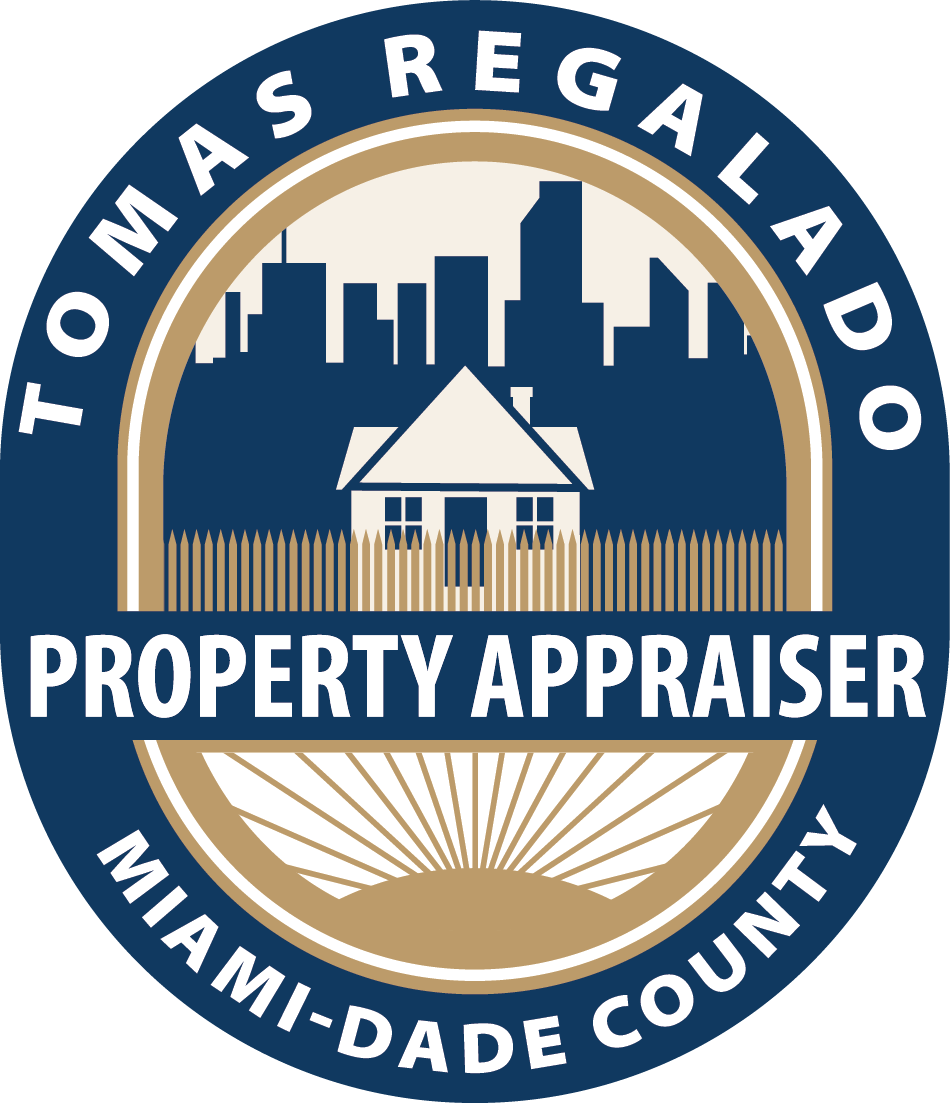Non-Ad Valorem Assessments
A non-ad valorem assessment is a special assessment or service charge that is not based on the value of the property. Non-ad valorem assessments are assessed to provide certain benefits to your property including services such as landscaping, security, lighting and trash disposal.
When purchasing a property with a non-ad valorem assessment, the sales price of the property typically does not include the financial obligation of the non-ad valorem assessment.
There are three primary types of entities that levy the non-ad valorem assessments that may appear on your Notice of Proposed Property Taxes (TRIM Notice) and your Property Tax Bill: Community Development Districts, Special Assessment Districts and PACE Districts.
Community Development Districts
A Community Development District (CDD) is a local, special-purpose government alternative to a municipality for managing and financing infrastructure required to support the development of a community, pursuant to Chapter 190 of Florida Statutes.
CDDs promote housing development through the use of tax-free bonds that are intended to lower the initial housing costs within these communities. Developers issue these bonds to pay for the initial infrastructure cost (i.e. storm sewers, roads, water supply, utilities, swimming pools, clubhouses, parks, etc.). The bond debt is repaid by the property owners, usually over a period of 10 to 30 years. In order to establish a new CDD, the Miami-Dade County Board of County Commissioners must first approve its creation.
Once a CDD is established, the developer is required to disclose the existence of the CDD to the initial buyer. However, subsequent sellers are not required to disclose the existence of the CDD to potential buyers. A potential buyer is encouraged to consult with their realtor, closing agent or attorney prior to purchasing a property and ask whether the property is located within a CDD.
Special Assessment Districts
A Special Assessment District, formerly known as a Special Taxing District, is a designated area where property owners have agreed to allow Miami-Dade County, or a municipality, to provide public improvements and special services that are paid for as a non-ad valorem assessment.
These districts are petitioned for and voted on by the residents within the area or created by developers at the inception of a development project. The services provided within the district are beyond those traditionally provided by county or municipal government, and include services such as street lighting, security services, multipurpose maintenance and capital improvements. Miami-Dade County oversees over 1,000 active districts that provide one or more of these services to approximately 390,000 households in unincorporated and municipal neighborhoods.
Sellers are required by law to inform buyers that the property is located within a Special Assessment District, and are required to record the buyer’s written acknowledgment in the public records.
Property Assessed Clean Energy (PACE) Districts
A Property Assessed Clean Energy (PACE) District is intended to be a low-cost, long term financing option for a variety of energy efficiency, renewable energy, water conservation, storm protection and seismic improvements to you property.
Depending on the location of the property, PACE financing can be used for improvements on commercial, residential, nonprofit, light industrial and agricultural properties.
Some of the most commonly-financed improvements are qualified solar systems, energy-efficient heating and cooling systems, hurricane impact windows and doors, roofing, insulation and ducts, pool pumps, water heaters, drought tolerant landscaping, and water saving plumbing repairs.
The total amount of the loans, which typically have a term of 30 years and include administrative fees, are recorded in the public record with the Clerk of the Court and Comptroller as a mortgage. Payment is secured by a lien on the property.
A PACE District may appear on your TRIM Notice and Property Tax Bill in the form of a non-ad valorem assessment. Your first annual payment may be deferred up to one year, subject to underwriting guidelines, approvals and date of funding.
In most cases, the PACE assessment will continue on the property’s TRIM Notice and Tax Bill after the sale of the property. The new property owner will be responsible for the continued payment. However, some mortgage lenders require the seller to pay off the full amount of the PACE District loan prior to the sale or refinance of the property. It is legally required for the seller to disclose the lien to buyers (Section 163.08 of Florida Statutes). You may want to check with your mortgage lender before deciding to sell your property or enter into a PACE financial agreement.
If you would like to verify if there are non-ad valorem assessments assessed against a particular property, use the Property Search or learn how to access a TRIM Notice online.





